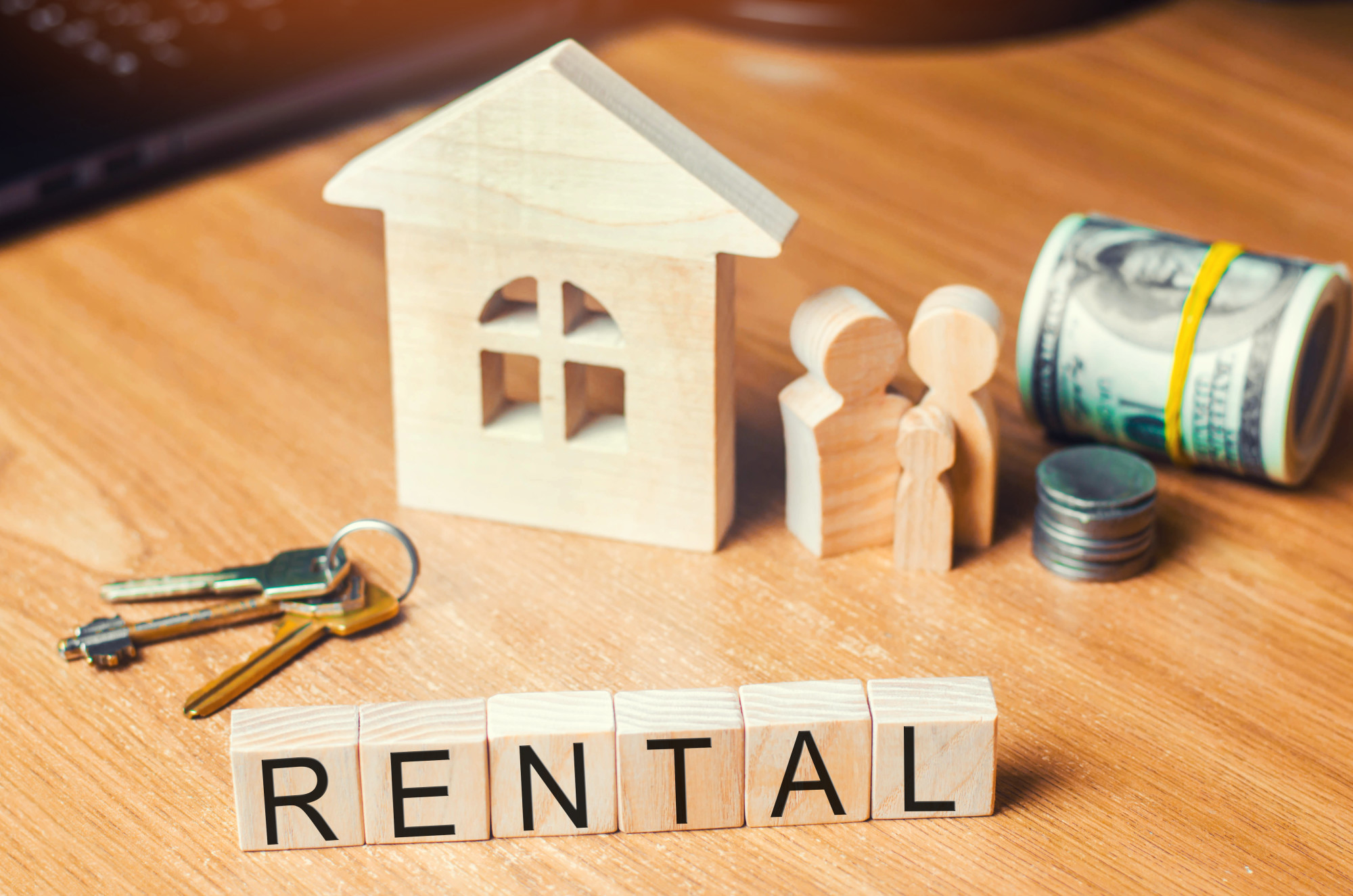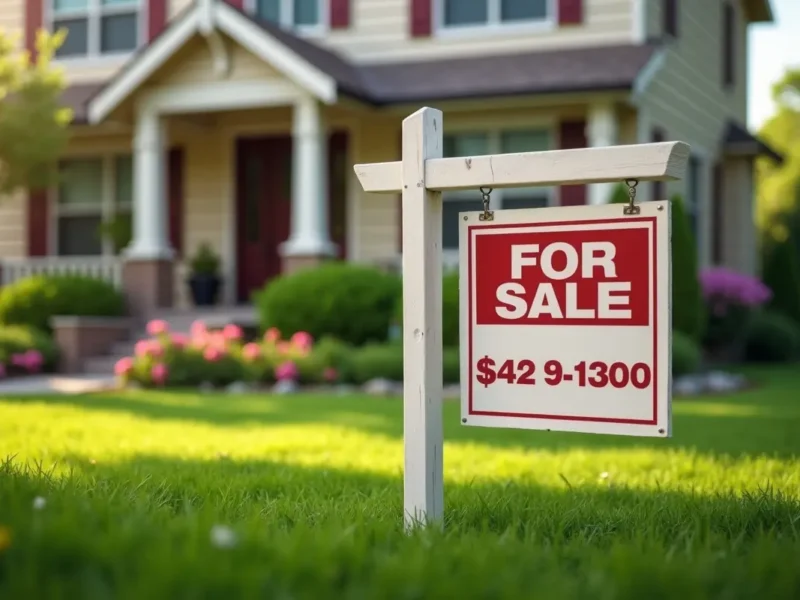Are you looking for real estate because you’re going to be investing in rental properties? Rental properties are a great way to make passive income. But the process of finding and managing multiple properties requires a lot of time, money, and energy.
Before you start your search, make sure you do your due diligence. Understanding the market is the first step. The second step is understanding the ins and outs of the rental property as a property type.
Today we are going to look at a few things to know before investing in one. We will highlight the things that you must know.
Contents
1. Financial Considerations and Pitfalls to Consider
There are many potential financial pitfalls to consider, such as ongoing maintenance and repair costs. Also, there can be a potential for vacancies for extended periods. There are also properties located in areas prone to natural disasters and other unpredictable events.
There are legal troubles that may occur and issues with collecting rent payments. It is also important to determine your financial goals. You must understand what return on investment you are seeking. You must also determine if the investment will be self-funded or require a loan.
Last, tax and accounting considerations are key, so familiarizing yourself with pertinent laws and regulations can be beneficial.
2. Location Demographics and Rental Markets
Investors should research the population size, growth, and trends in the area they plan to invest. Factors such as employment trends, salary levels, cultural diversity, supply and demand of rental properties, local amenities, and the poverty rate should also be taken into consideration.
It is important to understand the type of people who will be occupying the unit. It is because it may affect the total expected income. The quality of schools, local safety concerns, and changes in housing regulations are also important considerations.
Last, researching competition for properties in the same location is vital to assessing market conditions and making an informed investment decision.
3. Finding the Right Tenants and Setting Regulations
When owning a rental property, screening potential tenants and conducting background checks are essential. It is for you to find tenants that can be relied upon to pay rent on time and take care of the property.
Also, setting regulations is important. These regulations can be the number of tenants allowed on the property, pets in the residence, and acceptable noise levels.
4. Understanding Maintenance Responsibilities
You will be responsible for any necessary repairs or maintenance of the property. This includes repairing or replacing items such as plumbing, electrical, and HVAC systems. It also includes replacing faulty appliances, windows, and doors.
You’ll also need to stay abreast of local laws, codes, and regulations so you can ensure compliance and avoid costly violations. Having all of these can ensure profitable real estate investment features.
5. Calculating Rental Property Returns
This is important to get an accurate estimate of the investment. The two main ways of calculating returns are the capitalization rate and the cash-on-cash return.
The capitalization rate expresses the rate of return on an investment property based on the expected income. The cash-on-cash returns are determined based on the cash flow generated.
Important Information When Investing in Rental Properties
All in all, investing in rental properties can be a great way to diversify your portfolio. Researching the market and understanding local laws and taxes are all important before taking the plunge. To get started on your journey toward real estate investing success, contact an experienced real estate broker or financial advisor today.
If you find this article helpful, don’t forget to check our blog for more!



